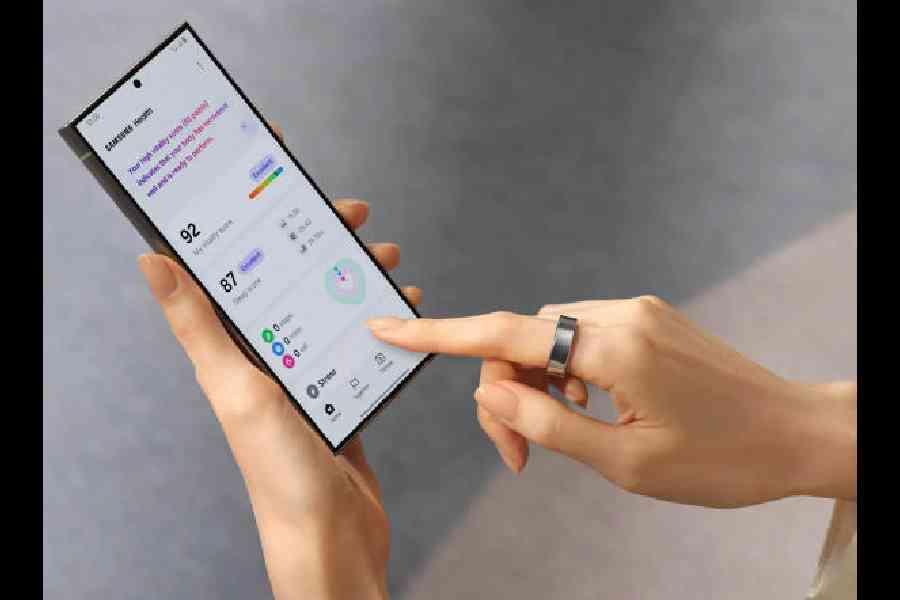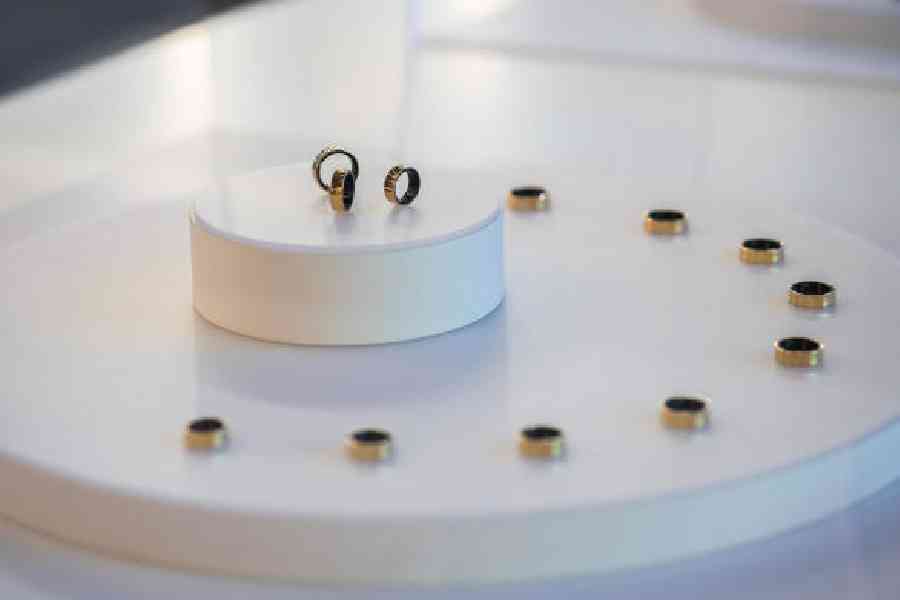All eyes are on the Samsung Galaxy Ring, which is officially coming soon but there is a lot that we don’t know about it, like what will it cost and will there be a subscription attached to it.
We expect the new device from Samsung to launch around the time the company’s next flagship foldable phones are announced. The Ring may cost around $300 to $350, which is around the same pricing as other smart rings. The device may come with a monthly subscription of $10 or less, according to “leaker” Yogesh Brar on X (formerly Twitter). But we think if there is a monthly subscription fee involved, it may not be implemented from day one.
Subscription fee for using a smart ring is not new. The Oura Ring Gen 3 is the smart ring that most people have heard of and it starts at $299. Most of its important features are paywalled with a $5.99 monthly or $69.99 yearly subscription. The Ultrahuman Ring Air comes at $349 and the Evie Ring is at $269 but these don’t come with a subscription at present. Monthly subscription fee is not new. Google has Fitbit Premium for its Pixel Watch lineup, which costs $9.99 a month.
Samsung is entering a market dominated by the popular Oura Ring, which has been around for a few years. Since it will be Samsung’s biggest rival in the category, a closer look at the Oura Ring will help.
Oura Ring can track and analyse a series of metrics, including heart-rate variability (HRV), blood oxygen rate, body temperature and sleep duration. With the data that it gathers, it can offer insight into hormonal factors that can affect your sleep and (theoretically) alert you when you’re getting sick.

'Vitality' score may make a big difference to the Samsung device
There are sensors that shine light beams (infrared and red and green LED) through the skin. There’s an accelerometer to log activity and movement while an accompanying app uses the data collected during the previous day to generate three daily scores when you wake: Sleep, Activity, and Readiness.
Perhaps the biggest advantage of Oura is sleep-tracking data. As Oura improves, its sleep staging will agree more and more with polysomnography, a standard sleep test one receives at a sleep lab.
Samsung already has a number of smartwatches but certain metrics are difficult to gather, especially sleep. After all, most people don’t like to go to sleep wearing a watch. A lot of our health metrics depend on sleep, so having more data to analyse, the health app on the phone will do a better job.
It’s not that the smartwatch can be replaced with a ring but the two need to complement one another. Don’t expect the Galaxy Ring to help with GPS data… that’s for the smartwatch.
What advantage does Samsung have? First, the Samsung Galaxy Watch is already used by a large population, meaning Samsung already has users who trust their health capabilities. Second, a smart ring and smartwatch can easily work together.
All this ties in with Samsung’s new ‘Vitality score’, announced at the end of Galaxy Unpacked in January. It’s on the lines of Fitbit’s Daily Readiness Score or the Oura Readiness Score, which gathers your sleep, stress, and activity data to determine how ready you are for the day. Samsung may also have ‘Booster Cards’ in its Health app to offer the ‘why’ behind your health readings, like the reason for sleeping badly. It may help make Samsung a strong player in the wearable health market.










